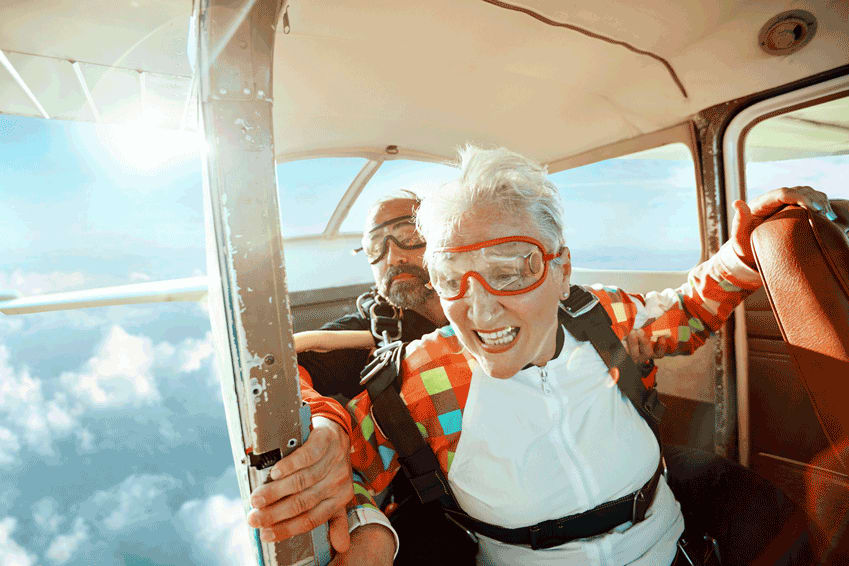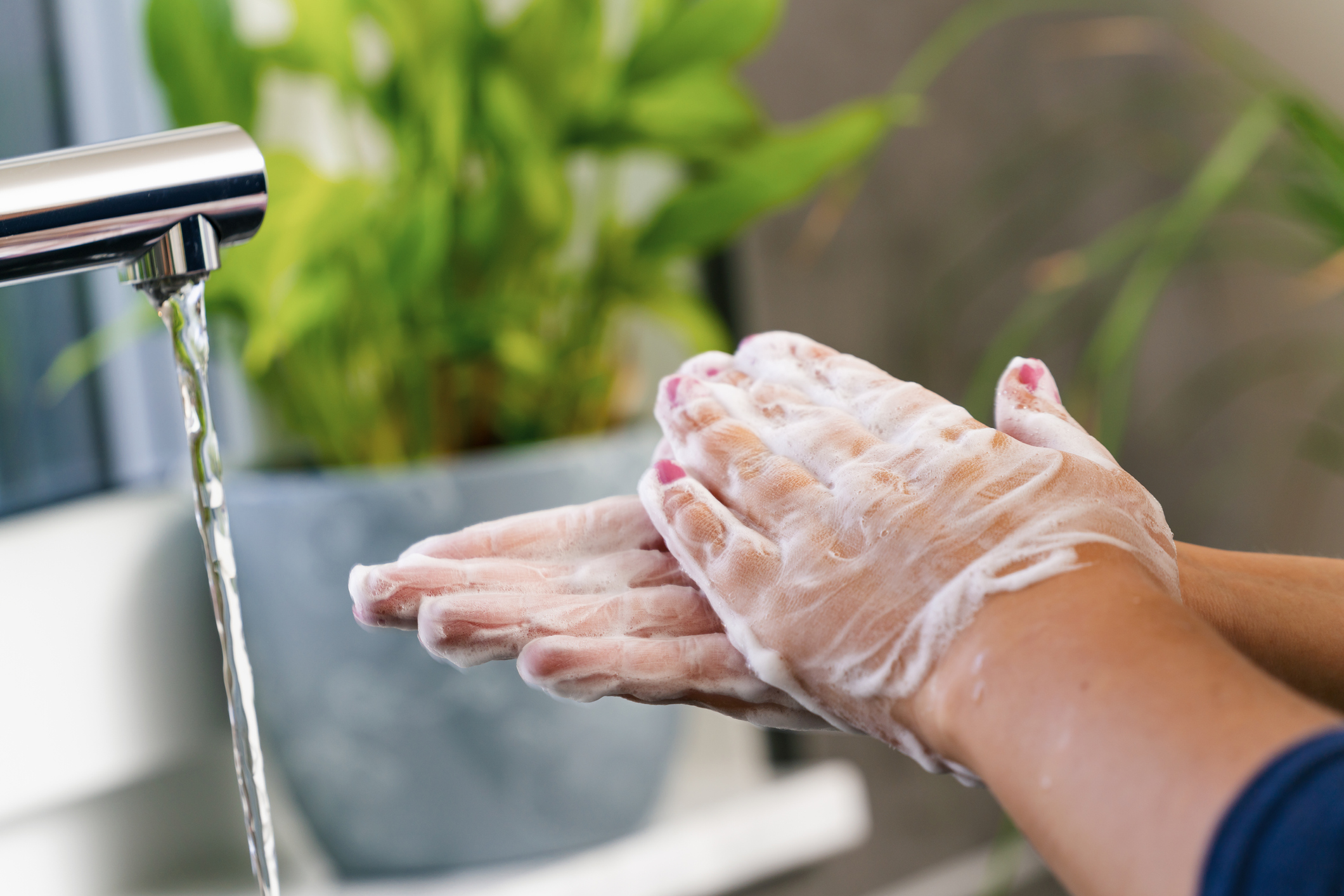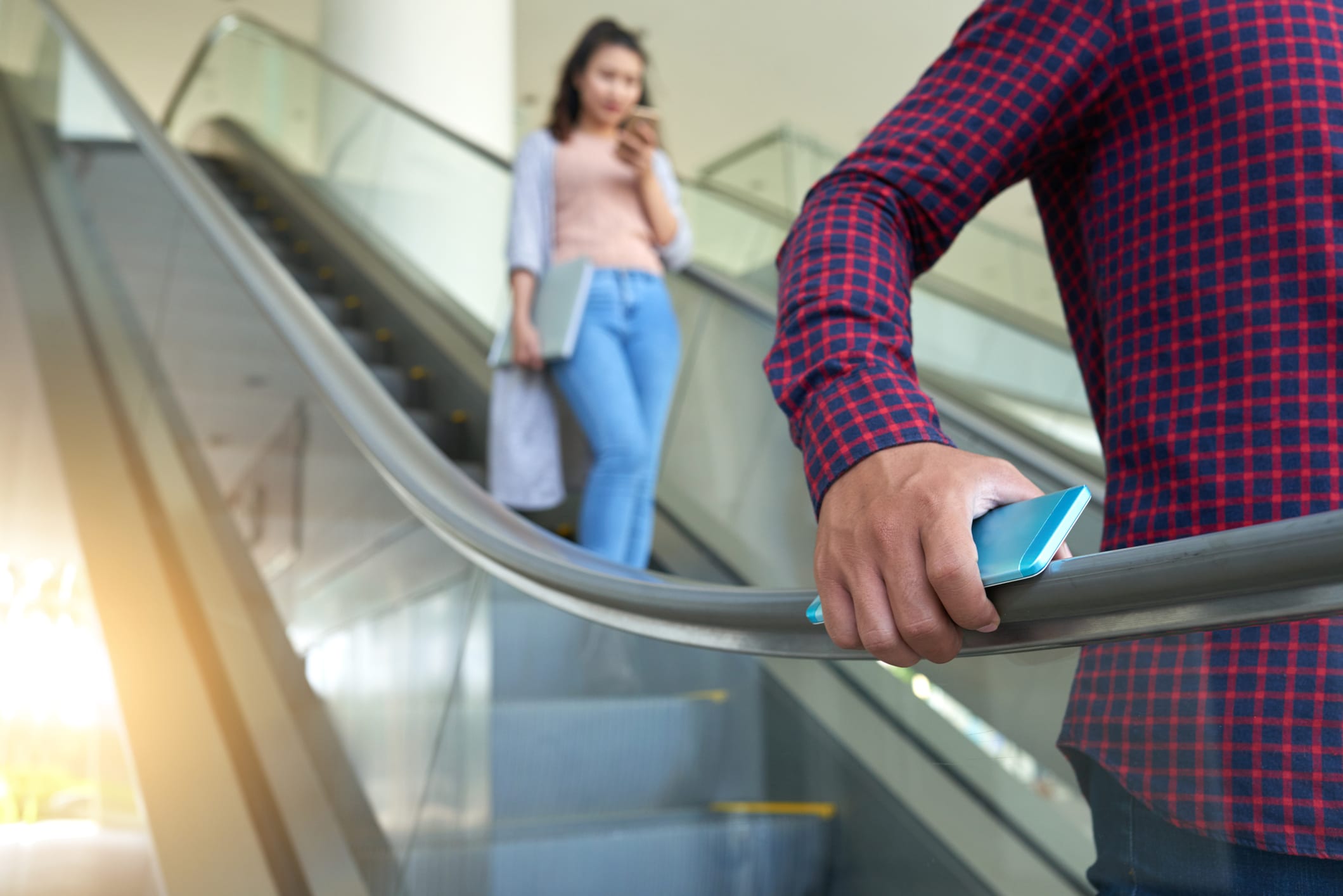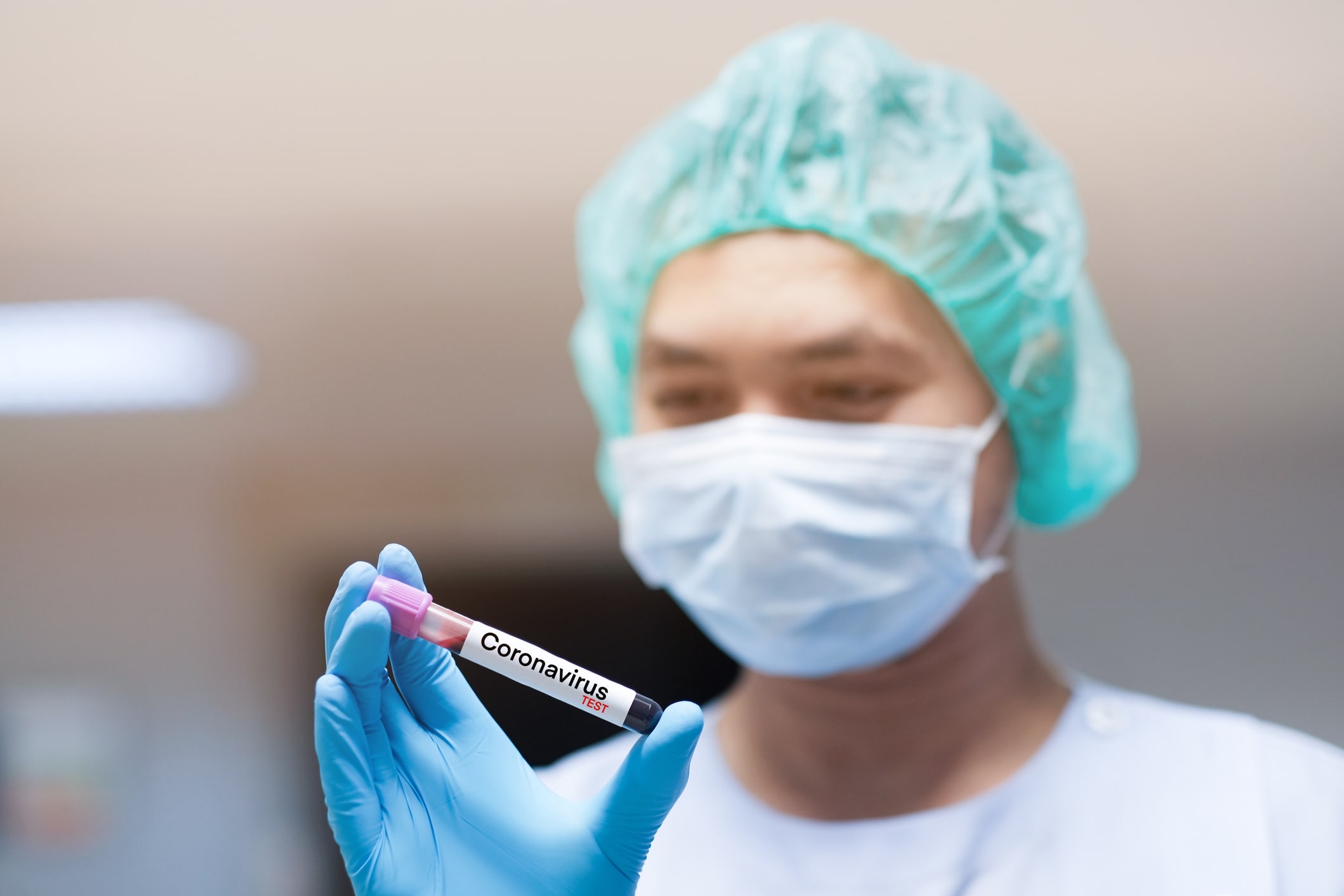The COVID-19 Saga Continues!
The World Health Organization dubbed this illness Coronavirus Disease 2019 (COVID-19). Once humans became infected, it began to spread through Wuhan City and the Hubei Province in China. It proliferated quickly, and its effects were severe.
Those infected experience coughing, fever and difficulty breathing. In a small percentage, permanent lung damage, pneumonia and death are the result. Even without showing symptoms, which can take up to 14 days to appear, people can infect others.

The virus is especially dangerous to the elderly and people with compromised conditions. If you exhibit no symptoms but are carrying the disease, being around older people and compromised individuals could lead to their health decline.
The virus has since spread widely around the world. For the latest figures, please visit The Centers for Disease Control, and Worldometer which provides very clear statistics by country.
Important Resources and Updates
Follow Health Authority Guidelines
There is no cure for COVID-19. Scientists are working on a vaccine, but it will likely be over a year or more before they have one ready for distribution to the general public. In the interim, following a few simple guidelines like these will help protect you and others from this new illness…
Limit travel to areas with widespread infections. If you do need to travel, check the CDC or World Health Organization for updates on the region. Check the U.S. State Department for the latest travel updates. Many areas have already been locked down. Canada has even closed its borders.
Social distancing is a new term that most everyone now knows. When an infected person coughs or sneezes, he or she emits virus-laden particles into the air. Distancing yourself from people lessens the chance you’ll breathe in the particles and become infected, yourself. The World Health Organization suggests keeping a minimum of three feet from people, but other authorities recommend six to ten feet.
Avoid touching public surfaces – handrails, elevator buttons or grocery carts – and then touching your eyes, nose or mouth. Use alcohol wipes or hand sanitizer after such contacts, though you may find those to be in short supply in your area.

Wash your hands frequently in hot, soapy water for at least 20 seconds. It’s especially important to wash your hands before eating, after using a restroom, and after coughing or sneezing. Don’t stop washing just because your skin is becoming dry – just keep washing and use skin lotion to bring hands back to normal.

Seek testing or medical help if symptoms become serious. Authorities are mostly recommending confining yourself to your home to prevent the spread of contagion. In addition, if you have a cold or the flu, venturing out could put you in danger of catching Coronavirus. If symptoms are mild, experts advise, stay home. If they turn serious, call or text, not visit, your doctor and make arrangements.
The most important thing is to use common sense. Don’t unnecessarily expose yourself to people and conditions that may give you the virus. Follow the guidance of local health officials who mostly recommend staying indoors.
Stay healthy, and don’t panic!





